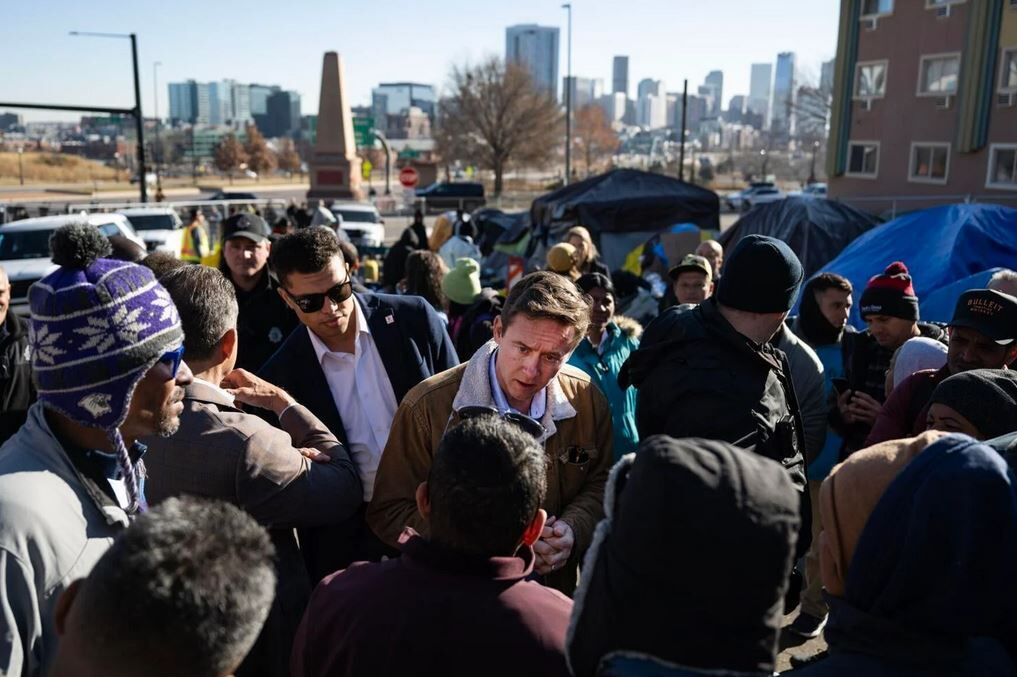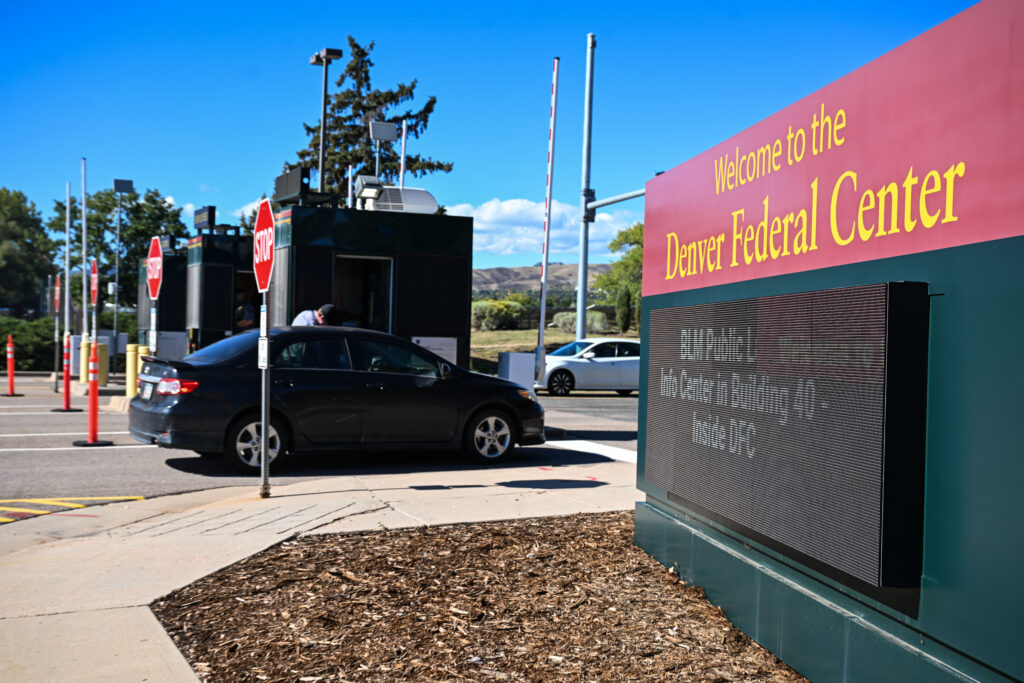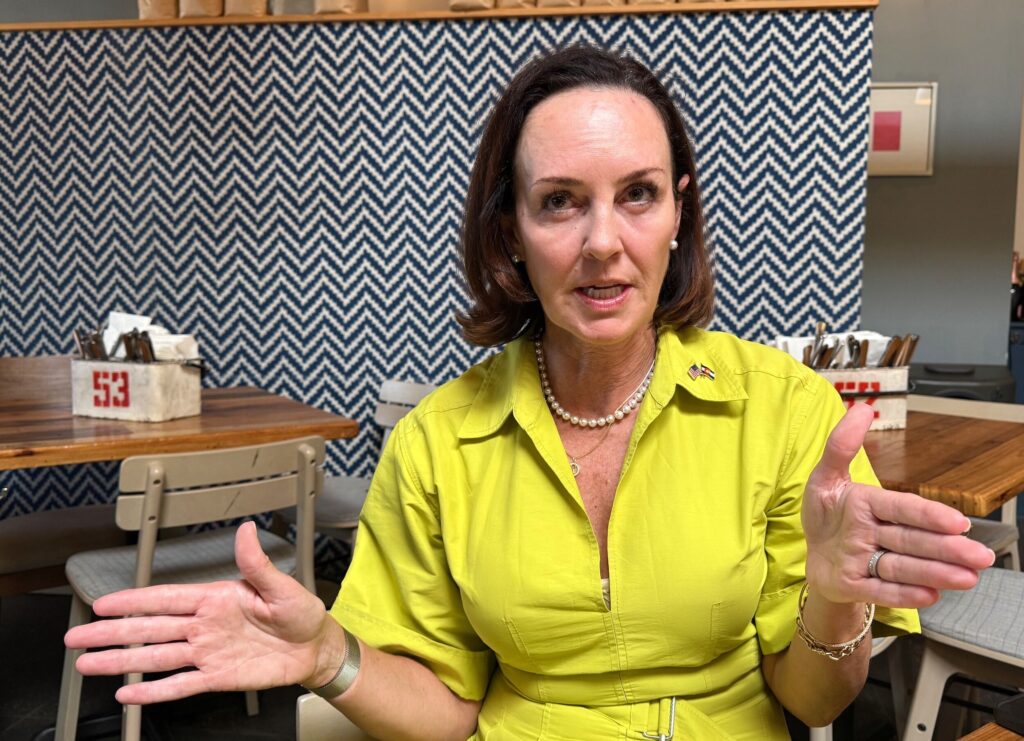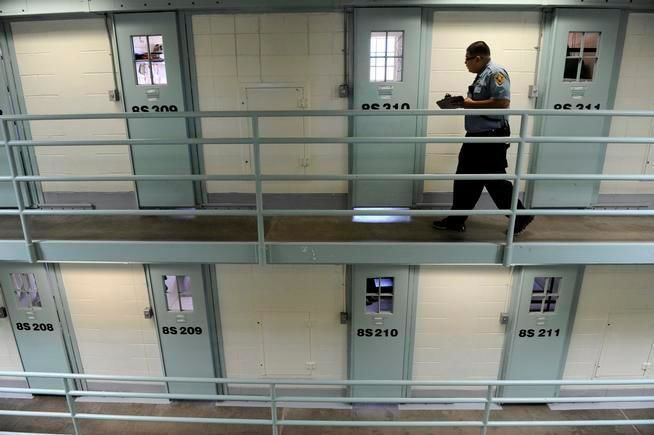Colorado lawmakers water down ‘construction defects’ bill; Regulators investigate Xcel’s preemptive power shutdown; Denver imposes hiring freeze to pay for immigration crisis | WHAT YOU NEED TO KNOW

Today is April 11, 2024, and here’s what you need to know:
A watered-down version of the Senate’s “construction defects” bill won preliminary approval on Wednesday after four hours of debate and over two weeks of delays, as bill sponsors worked with multiple amendments.
With just a few provisions remaining from the original version, Senate Bill 106 is one of two measures focusing on construction defects that is pitting Democrats against each other in both the House and Senate, leading to concerns that, without a compromise, neither measure will make it to the governor’s desk.
The House bill is now awaiting its first Senate committee hearing. SB 106 is a day away from a final vote and an uncertain future in the House.
Colorado’s energy regulators on Wednesday decided to open an investigation into Xcel Energy’s decision to preemptively shut off power over the weekend, which left thousands of people without electricity – some for two days – and compelled the governor to rebuke the energy company.
In a news release, the Public Utilities Commission said it is exploring “immediate and long-term regulatory actions” to govern preemptive outages meant to reduce the risk of wildfire, which was the reason Xcel gave in shutting down the power of some 55,000 customers starting on Saturday.
The commission said it will request “detailed information” from the energy company on the outages and its response, in particular how it planned for and communicated to customers. The commission added it will seek input from affected residents, local governments, businesses and critical care providers.
“As Governor Polis noted in his letter to Xcel Energy, shutting off power to customers is a serious and challenging decision,” commission chair Eric Blank said in a statement. “A decision this impactful requires a high level of concern and attention for customers. We want to make sure that the Commission sets those expectations and holds our utilities accountable.”
Denver taxpayers are on the hook for $90 million this fiscal year to pay for the city’s response to the illegal immigration crisis that has been spilling over into America’s interior cities from the southern border.
That’s the latest estimate from Denver Mayor Mike Johnston’s administration, which earlier said the city was poised to spend $180 million on the crisis and revised that number down to $120 million.
Early in the crisis, Denver officials decided the city would assume the responsibility to temporarily house, feed and transport arriving immigrants. That decision has cost the city about $68 million since December 2022 – and counting. Of that amount, the city spent $35 million just in the past four months.
To come up with the $90 million, the city is freezing or staggering hiring of about 160 vacant positions and pulling money from several places, including from capital funds, technology projects, services and supplies.
A panel of House legislators on Wednesday advanced legislation that sponsors say will increase transparency in the online ticketing industry and protect consumers who purchase tickets for live entertainment and sports games.
A bill that originated in the Senate last year also sought to tackle transparency issues within the ticketing industry but Gov. Jared Polis ultimately vetoed it. This year’s bill, House Bill 1378, is a more consumer-oriented approach, said sponsor Rep. William Lindstedt, D-Broomfield.
Lindstedt said he and cosponsor Rep. Alex Valdez, D- Denver, have had extensive discussions with ticketing companies and venues, which support the bill.
“We’ve worked in good faith with all of the folks on all sides of this issue to try to get to a good set of ground rules,” Lindstedt said. “I think these are all things that everyone can agree to make buying tickets in this state just a little bit better for consumers.”
Congressional candidate Ike McCorkle, one of three Democrats running for the U.S. House seat formerly held by Republican Ken Buck, has qualified for Colorado’s primary ballot by submitting a sufficient number of petition signatures, state election officials said Wednesday.
After learning he made the ballot, McCorkle announced that he was dropping plans to go through the party’s 4th Congressional District assembly on Thursday, where two other Democrats – Trisha Calvarese and John Padora – are set to vie for spots in the June 25 primary.
Candidates can participate in Colorado’s primary by gathering petition signatures, winning support from at least 30% of the delegates to their party’s district assembly or pursuing both methods.
As many as eight GOP candidates are competing for their party’s nomination in the sprawling, heavily Republican district, which covers Douglas County, parts of Larimer and Weld counties and Colorado’s Eastern Plains.














